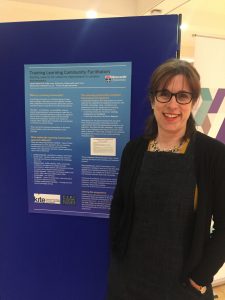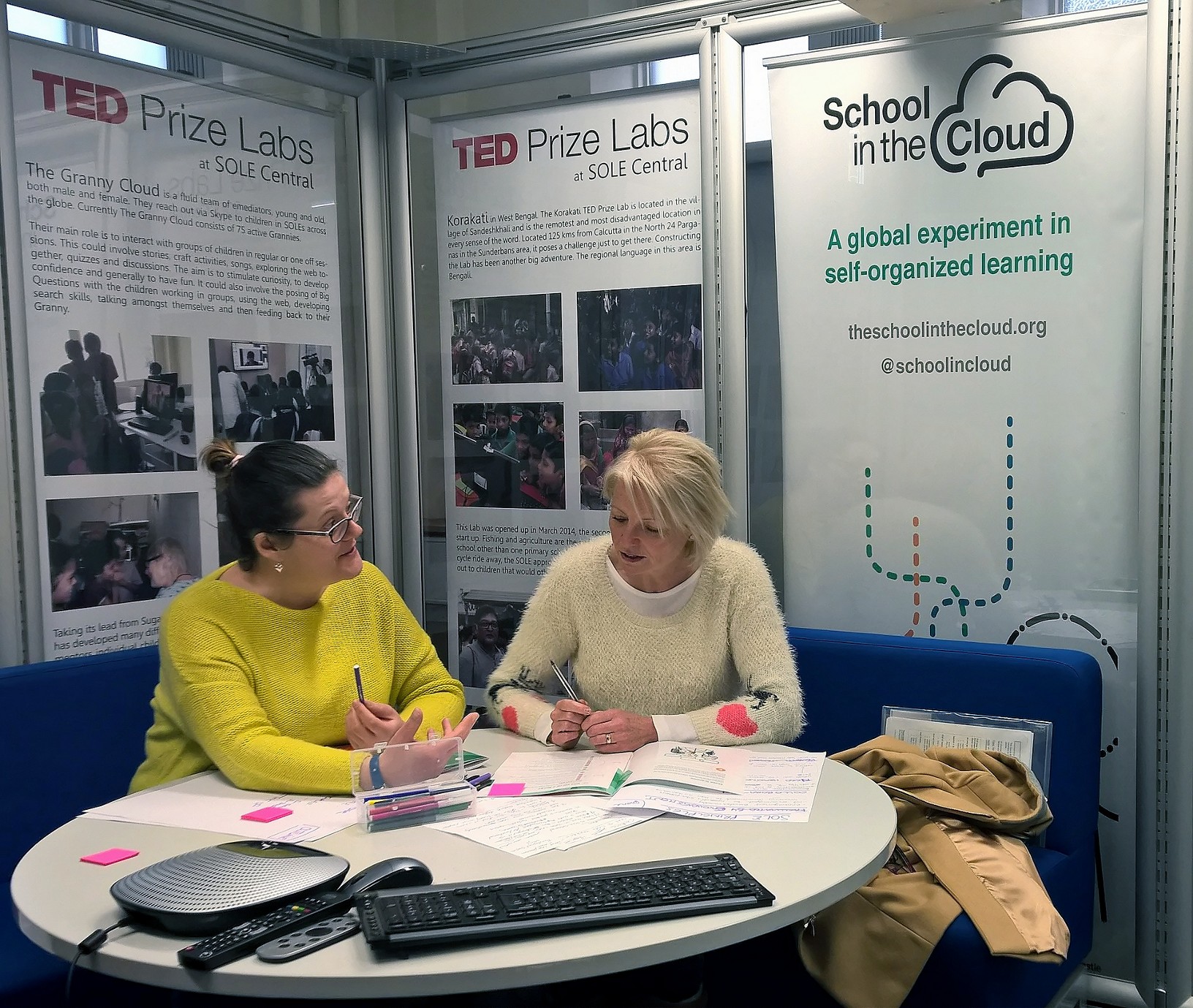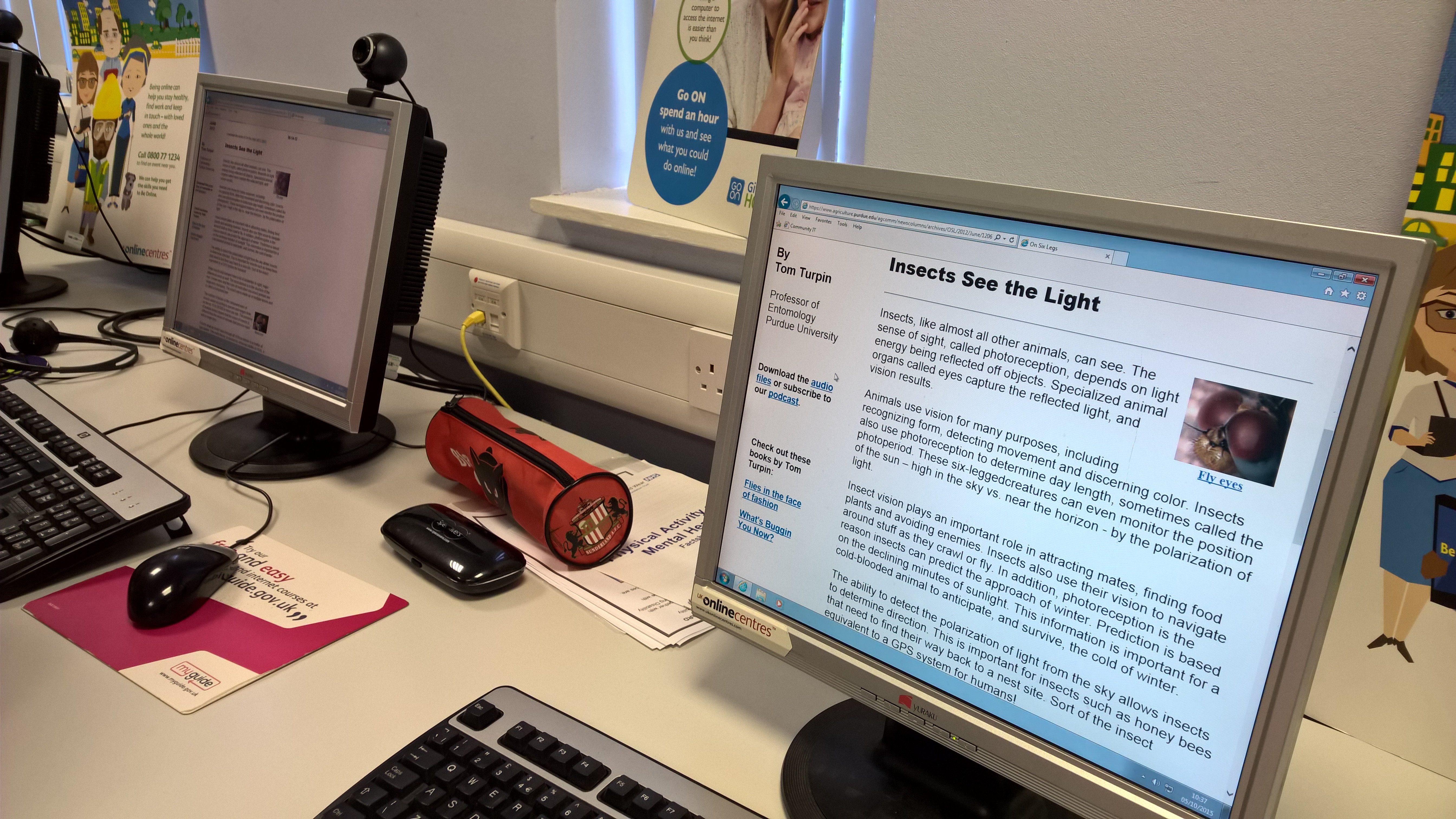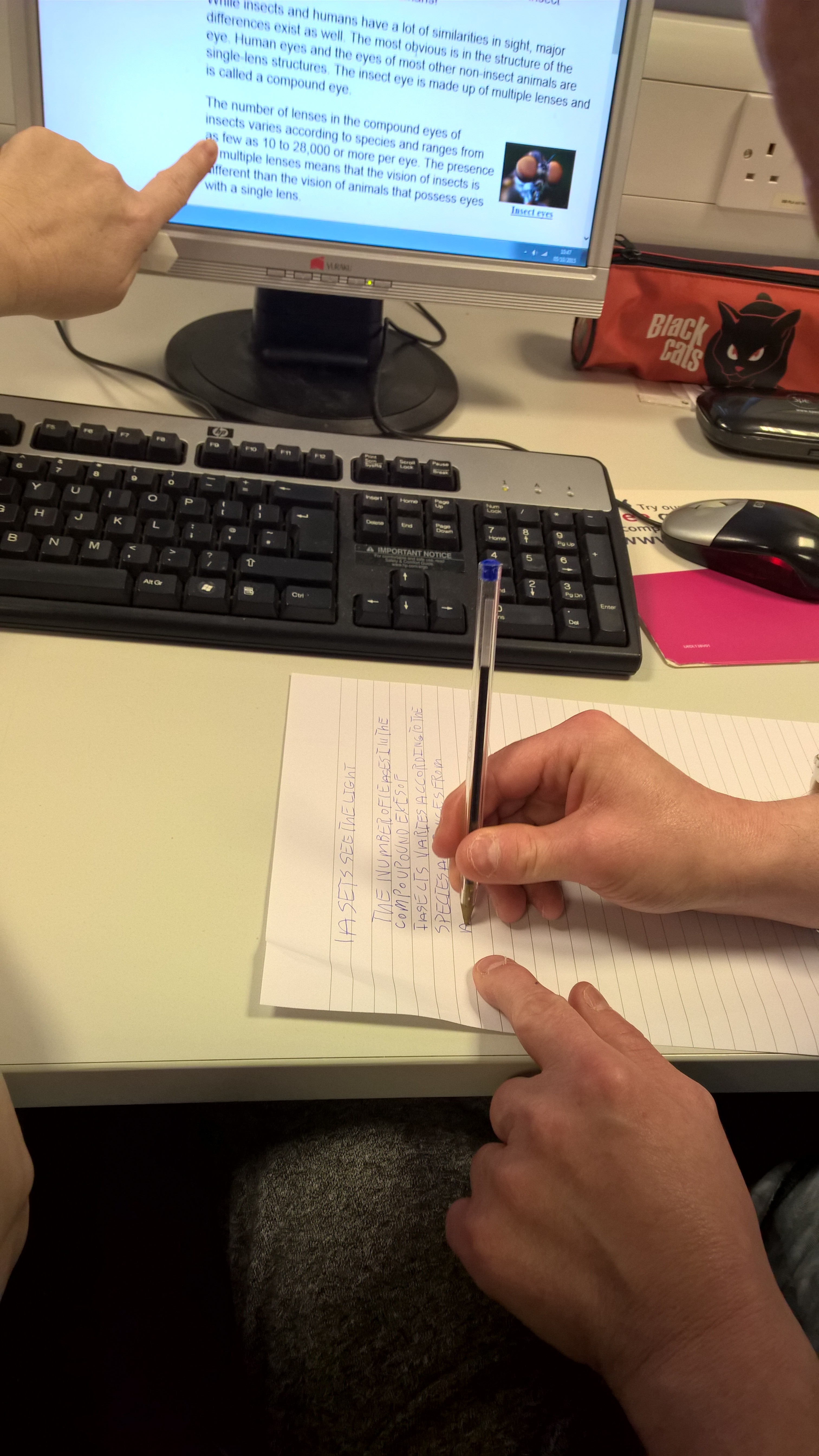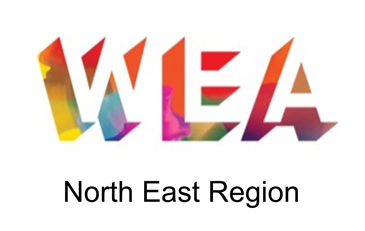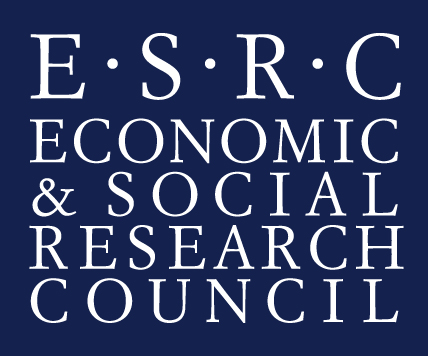Louise Wilson shares her experience of developing Learning Communities in a project funded through by the ESRC IAA
Something magical happens when a group of people create a space for themselves to talk authentically about their work. When people can decide for themselves what is needed to take part in honest and open conversations, participants tackle the real challenges they face and share practical wisdom about how to overcome barriers: confidence increases, practice improves and trust builds.
Dr Toby Lowe saw these sparks of magic when he worked with participatory arts organisations to find a better way of talking about ‘what good looks like’. The approach, which became the Learning Community model, builds on theories about complexity, positive error culture and reflexive practice. And it turns out that it’s not just the participatory arts that can benefit from enabling authentic, honest conversations – the approach has been evaluated in the voluntary sector, health and social care and these benefits hold there too.
I was introduced to the Learning Communities approach through conversations with Toby about performance, quality and how to know if one’s own practice is making a difference. I was lucky that my own organisation adopted the approach so I experienced the benefits first hand – my whole approach to uncertainty changed overnight as I gained more confidence to seek out colleagues’ wisdom when I got stuck in my efforts to do the best I could for my clients and projects.
So what is needed for more of us who have had those head-in-hands-what-do-I-do-now moments to be able to utilise the Learning Communities approach, and bring about those benefits for our own practice, clients and organisations? How can we build capacity to deliver the approach? An important component is to build the knowledge, skills and confidence to set up, design and facilitate Learning Communities through training Facilitators how to help participants create and maintain that space to talk authentically.
Thanks to the ESRC IAA, Toby and I worked together with colleagues to develop a Facilitator Toolkit – a training programme, a handbook and the means for Facilitators to talk and develop their practice. The handbook – available on the KITE website- and training brings together the theory, philosophy and practical delivery of Learning Communities – the subsequent on-line and face-to-face meetings are where Facilitators then share their practical wisdom. The ideas that emerge here inform improvements to the Toolkit and implementation.
We’ve presented a poster about the approach at two regional events and are now working with the Facilitators to understand more about the barriers and facilitators to extending access and adoption. Ever wished for a magic wand in our complex and messy practice? Maybe this is a way of bringing about just a little of that magic.

